- 915 Saxony Rd Encinitas, CA 92024
- info@encinitasdetox.com
Dual Diagnosis

Dual Diagnosis Treatment in San Diego
At Encinitas Detox, we understand the intricate interplay between mental health and addiction. Our dual diagnosis treatment center in San Diego is designed to provide holistic care, addressing both aspects to pave the way for lasting recovery.
Request a
Confidential Callback
Recognizing the Signs
of Dual Diagnosis
Dual diagnosis refers to the coexistence of a substance use disorder and a mental health disorder. Identifying when someone may need dual diagnosis treatment involves recognizing the signs that bridge the realms of addiction and mental health. Indicators may include erratic behavior, mood swings, neglect of responsibilities, and a persistent struggle to quit substance use despite its negative impact.

We Work With Most Insurance
Encinitas works with most PPO & POS insurance carriers. Find out now if your insurance will help cover the cost of our treatment program.






We Work With Most Insurance
Encinitas works with most PPO & POS insurance carriers. Find out now if your insurance will help cover the cost of our treatment program.






Common Dual Diagnosis Disorders
Understanding the nuances of these common dual diagnosis disorders sheds light on the intertwined challenges individuals may face:
Anxiety Disorders
Individuals grappling with anxiety disorders experience a persistent sense of overwhelming worry, fear, or even debilitating panic attacks. This constant emotional turmoil may drive them to seek solace in substances as a coping mechanism. The temporary relief provided by substances can create a perilous cycle, with anxiety fueling substance use, and vice versa.
Depression
Depression casts a profound shadow over one’s emotional landscape, manifesting as deep sadness, pervasive hopelessness, and a marked lack of interest in activities that once brought joy. When paired with substance use, this dual diagnosis scenario creates a challenging cycle where the temporary euphoria induced by substances becomes a fleeting escape from the pervasive darkness of depression.
Bipolar Disorder
Bipolar disorder is characterized by the oscillation between manic highs and depressive lows. This constant ebb and flow of mood states can intricately intertwine with substance abuse, creating a complex treatment dynamic. Individuals may turn to substances during manic phases to amplify their heightened energy or seek refuge in them during depressive episodes to alleviate the depths of despair.
PTSD (Post-Traumatic Stress Disorder)
For trauma survivors haunted by the emotional aftermath of distressing events, the coping mechanisms often include substances. PTSD can lead individuals to turn to drugs or alcohol in an attempt to numb the pain, mute intrusive memories, or temporarily escape the overwhelming emotions associated with trauma. This intersection of trauma and substance use forms a significant component of dual diagnosis scenarios.
In the realm of dual diagnosis disorders, recognizing these intricacies becomes paramount. Each disorder not only amplifies the challenges of the other but also necessitates a comprehensive and integrated approach to treatment. Addressing both mental health and substance use concurrently is key to unraveling the complexities woven into the fabric of dual diagnosis.
When to Consider Dual Diagnosis Treatment
If someone exhibits signs of both addiction and mental health struggles, it’s crucial to consider dual diagnosis treatment. Common red flags include self-medicating with substances, an exacerbation of mental health symptoms due to substance use, and challenges achieving sustained recovery despite multiple attempts.

Escape The Chaos of Addiction Today
Contact us today to learn more.
Dual Diagnosis Therapy at Encinitas Detox
At Encinitas Detox, our commitment to dual diagnosis therapy is deeply rooted in providing personalized and evidence-based care, recognizing the unique complexities of addressing both mental health and addiction. We acknowledge that a one-size-fits-all approach is inadequate when navigating the intricacies of dual diagnosis. Here’s an insight into our multifaceted strategy, where a spectrum of therapeutic interventions is seamlessly integrated:
Integrated Counseling
Our experienced team of therapists specializes in seamlessly blending counseling for mental health and addiction. By understanding the interconnected nature of these challenges, our counselors employ a holistic approach that recognizes the symbiotic relationship between mental health and substance use. Through integrated counseling, we create a safe space for individuals to explore their experiences, fostering a therapeutic alliance that is crucial for sustainable recovery.
Medication-Assisted Treatment (MAT)
In instances where it is applicable, our medical team administers medications under close medical supervision as part of our Medication-Assisted Treatment (MAT). This targeted approach aims to manage both substance cravings and mental health symptoms simultaneously. MAT is carefully integrated into individualized treatment plans, providing a medically guided pathway towards stability and sustained recovery.
Group Therapy
Recognizing the importance of community support, we place a strong emphasis on group therapy as a fundamental component of our dual diagnosis approach. Through shared experiences and collective insights, individuals form a supportive community within our treatment setting. Group therapy fosters a sense of connection, breaking down the isolation often associated with dual diagnosis, and allows individuals to draw strength from their peers in the recovery journey.
Holistic Approaches
Our commitment to holistic well-being extends beyond traditional therapeutic modalities. We incorporate a variety of holistic approaches that promote overall wellness, enhancing the recovery experience. Outdoor therapies harness the healing power of nature, mindfulness practices cultivate present-moment awareness, and wellness programs provide avenues for physical and mental rejuvenation. This comprehensive approach acknowledges the interconnectedness of mind, body, and spirit, contributing to a more robust foundation for lasting recovery.
In essence, our dual diagnosis therapy is not a rigid framework but a dynamic and adaptive strategy tailored to each individual’s unique needs. By combining integrated counseling, medication-assisted treatment, group therapy, and holistic approaches, we strive to empower individuals on their path to recovery. Our goal is to not only address the immediate challenges of dual diagnosis but also equip individuals with the tools and support necessary for a resilient and substance-free future.

